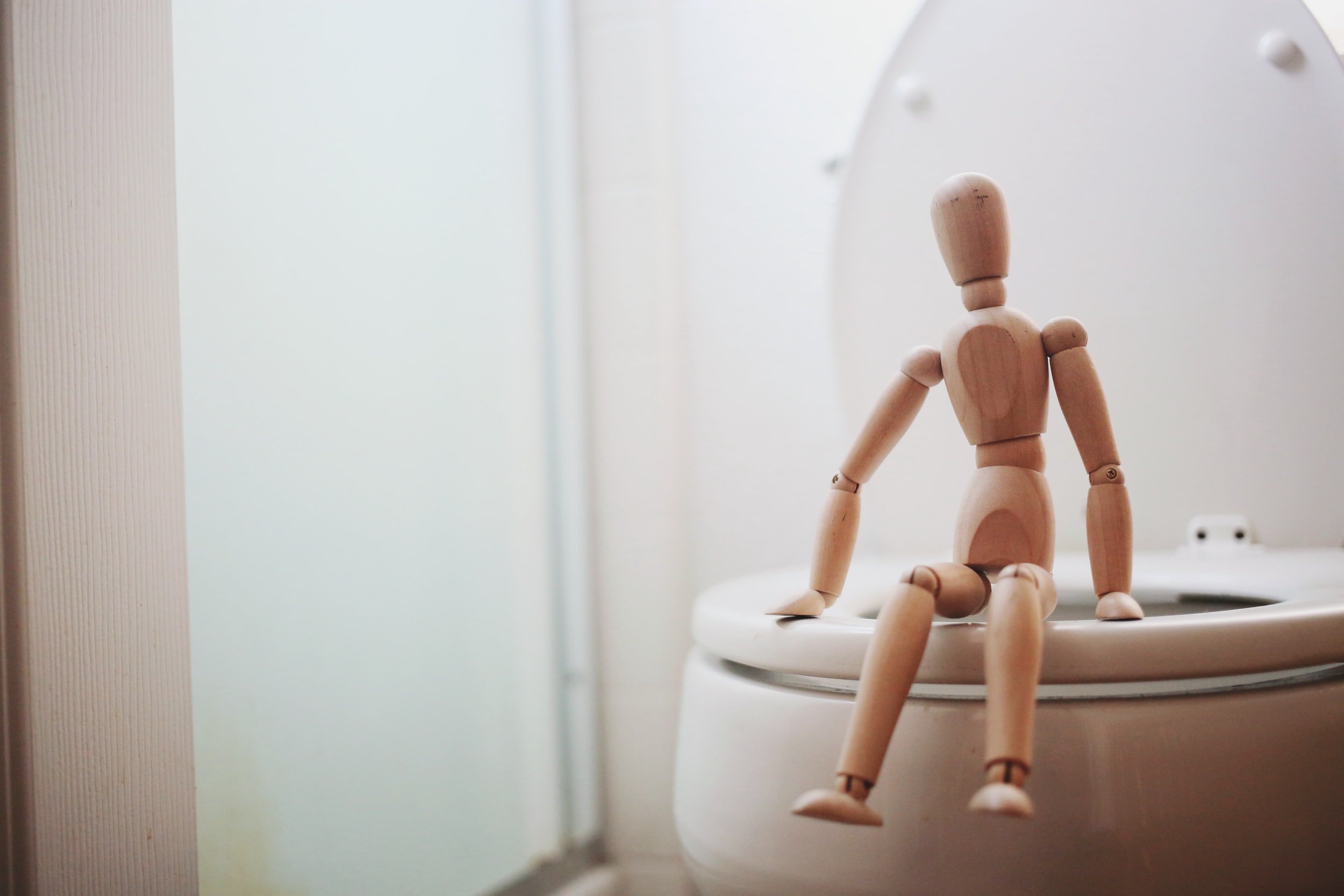
Meet Jennifer Portnoy
Jennifer Portnoy, PhD., has been a physical therapist for over 24 years. She has a Bachelor of Fine Arts in dance from SUNY Purchase, a Master of Science in Physical Therapy from Long Island University, and a Doctorate of Physical Therapy from Temple University. She specializes in pelvic health physical therapy and treats the body in a holistically connected fashion.

To Squat or Not to Squat
What did Mama tell you about public toilet seats? "Pay no mind if you're not neat...never sit on a public seat" Or something like that...And that was indeed my approach (pun intended) until recently when I learned that sitting is best.

Relationship Between Breath and Pelvic Floor
One of the essential relationships in proper pelvic floor function is the coordination between the use of breath and breathing and pelvic floor muscle engagement.

Go Down to Come Up
While planning this opening, I reflected on my training and uncovered the link that connected my 3 worlds: dance, physical therapy, and yoga. I then felt compelled to share this connection in writing. For me, it explains my teaching and healing style and explains how my experiences nurtured my instincts. I will try to be brief, but once I start spilling out the contents of my heart, I have trouble stopping.

Pelvic Floor Easily, Breezily Explained
Male and female humans are born with pelvic floor muscles. Like most muscles in the body, they strengthen with work and conditioning and weaken or atrophy with disuse (lack of use). The pelvic floor (PF) is positioned from the base of the spine to the base of the pubic bone. The sides of the floor are at the inner hips. The muscles form a basin-like sling; think of a round hammock-shaped configuration of muscles, ligaments, and fascia. Because the sling is connected to the bones of the pelvis and shaped like a basin, it is a perfect container of support for our organs and internal structures.
